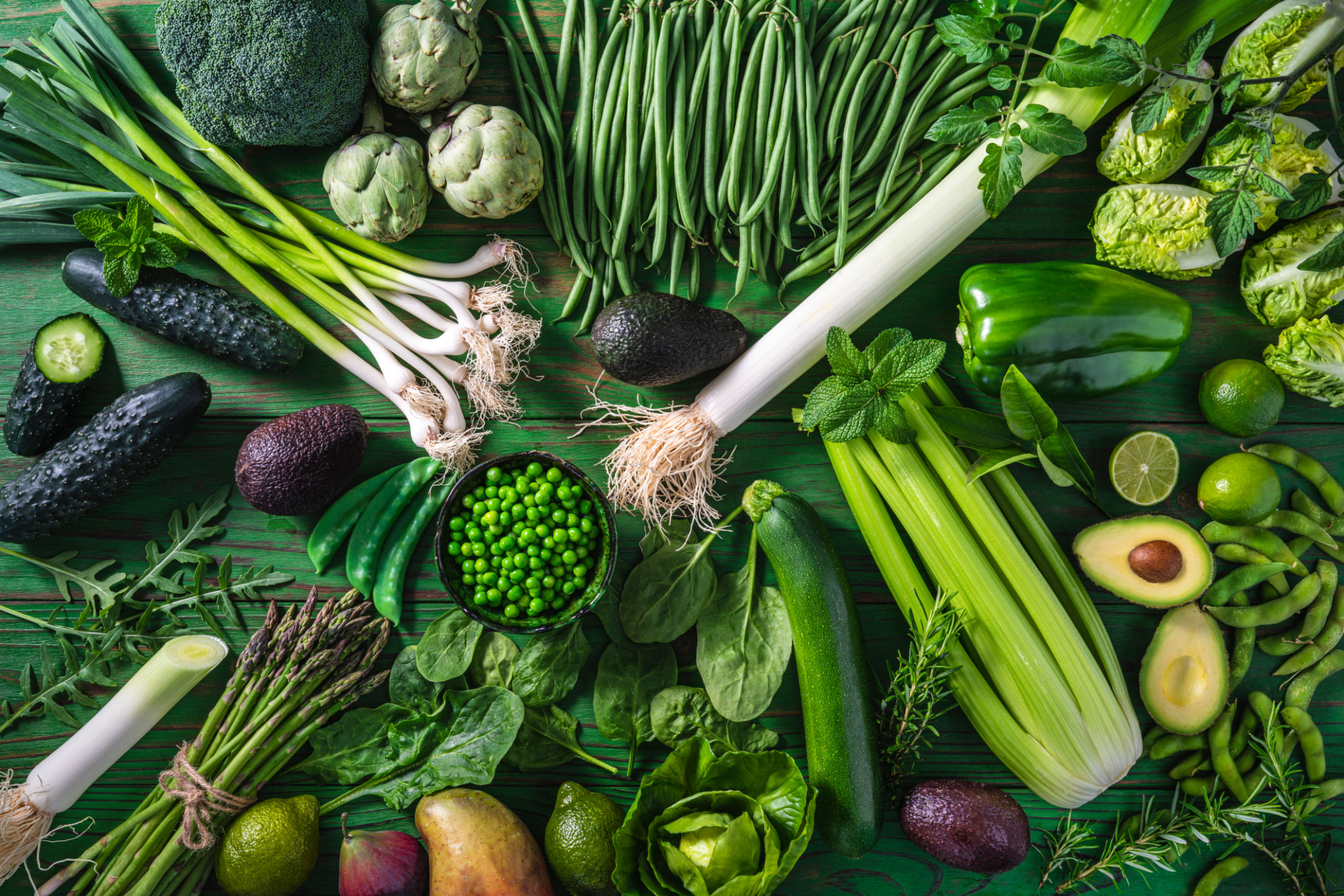Seasonal Eating: Aligning Your Diet with Nature's Cycles
The Benefits of Eating Seasonally
In today's fast-paced world, it's easy to forget the natural rhythms of the earth. One way to reconnect with these cycles is through seasonal eating. By aligning your diet with nature's calendar, you can enjoy a host of benefits, from fresher produce to greater nutritional value. Eating seasonally not only supports local farmers but also helps reduce the carbon footprint associated with transporting food over long distances.
Seasonal eating ensures that you're consuming fruits and vegetables at their peak ripeness, offering better taste and higher nutritional content. When produce is harvested at the right time, it retains more of its vitamins and minerals, providing your body with the nutrients it needs to thrive throughout the year.

Understanding Nature's Cycles
To embrace seasonal eating, it's important to understand the different cycles of nature. Each season brings its unique bounty, and knowing what grows when can help guide your food choices. For example, spring is known for leafy greens and early berries, while summer offers a plethora of juicy fruits like peaches and tomatoes.
Fall is a time for hearty root vegetables and apples, and winter provides a selection of citrus fruits and squashes. By familiarizing yourself with these cycles, you can ensure that your meals are both varied and nutritious throughout the year.
Spring: A Time for Renewal
As the world awakens from winter's slumber, spring offers an abundance of fresh greens such as spinach, lettuce, and asparagus. These nutrient-rich vegetables are perfect for rejuvenating your body after months of heavier winter foods. Incorporate them into salads or sautés for a burst of flavor and health.

Adapting Recipes to the Seasons
One of the joys of seasonal eating is the opportunity to experiment with recipes that highlight the best of each season's produce. In summer, you might enjoy a fresh tomato and basil salad, while fall could inspire a comforting butternut squash soup. By adapting your recipes to align with the seasons, you can make the most of the flavors available at any given time.
Here are a few tips for seasonal cooking:
- Visit local farmers' markets to discover what's in season.
- Try new recipes that incorporate seasonal ingredients.
- Preserve or freeze surplus produce for use during off-seasons.
Winter: Embracing Comfort Foods
Winter is synonymous with hearty meals that warm you from the inside out. Root vegetables like carrots and parsnips, along with squashes and citrus fruits, are in abundance during this season. These ingredients are perfect for creating nourishing stews and soups that provide warmth and sustenance in colder months.

Environmental and Economic Impact
By choosing to eat seasonally, you're also making a positive impact on the environment. Local produce requires less transportation and storage, significantly reducing energy consumption and greenhouse gas emissions. Additionally, purchasing seasonal produce often supports local economies by bolstering nearby farms and markets.
In conclusion, aligning your diet with nature's cycles through seasonal eating offers numerous benefits for your health, taste buds, and the planet. By embracing this approach, you can enjoy fresher flavors, better nutrition, and contribute to a more sustainable food system.